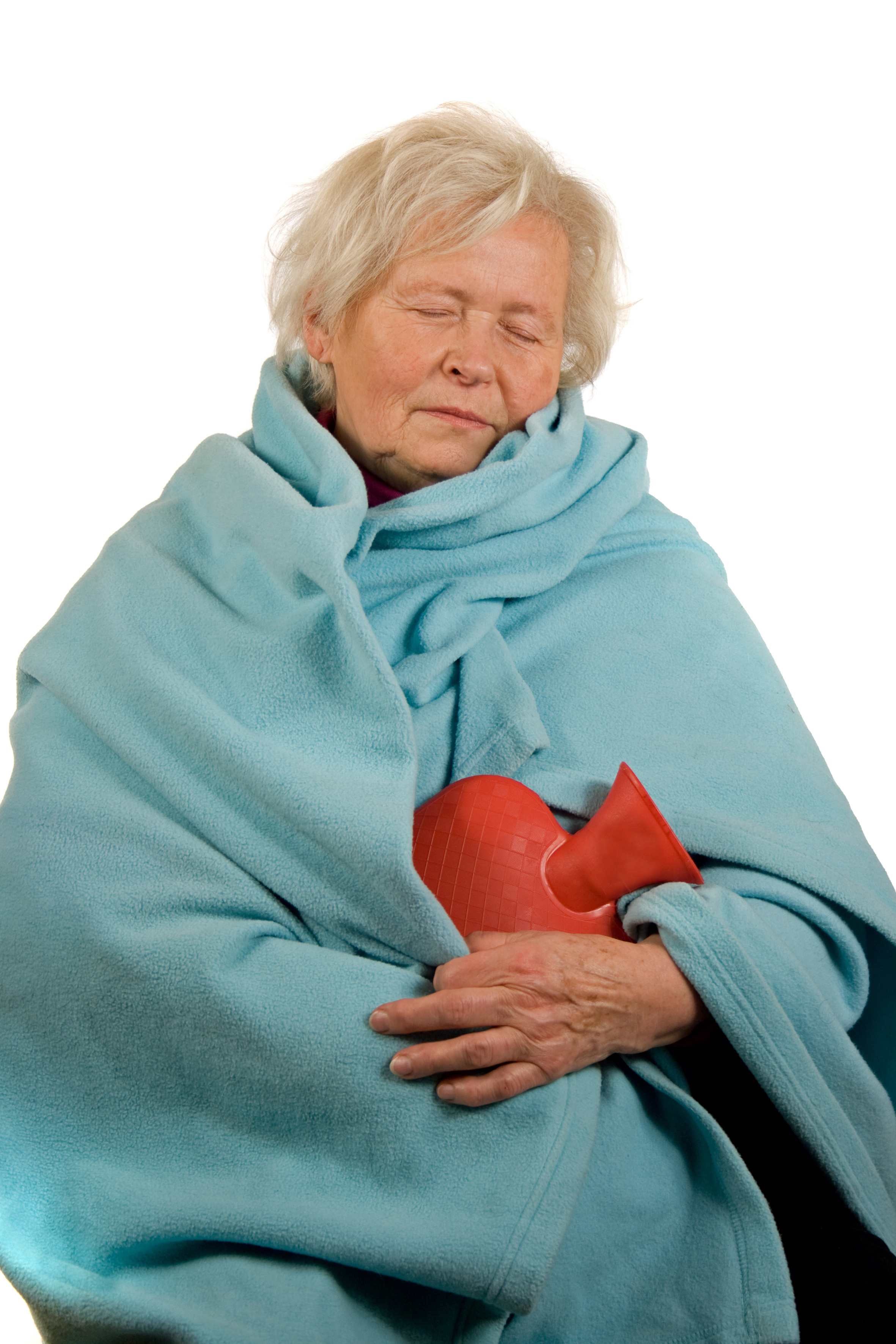Household Bills
Number of older households in fuel poverty set to surge

Age UK has warned that without more government support, fuel poor older households will top a million by the spring.
The charity warns soaring energy costs will push an estimated 150,000 extra older households into fuel poverty this winter, as it launches new The Cost of Cold campaign.
With about one million older households already living in fuel poverty and tens of thousands more teetering on the brink, Age UK is ‘extremely concerned’ that rising energy prices and living costs will lead to some of the poorest pensioners rationing their heating this winter in order to afford higher energy bills.
The charity believes that rising inflation and escalating prices are now threatening the standard of living of many pensioners on low incomes, creating uncertainty and anxiety as winter begins to bite. Part of the problem is that many older people are living in hard to heat, older homes and, as a result, often need use a lot of energy just to stay warm.
The cold can be dangerous for older people, especially those with pre-existing health conditions. Older people tend to feel the cold more than younger people, as it is harder for them to regulate and maintain body temperatures. Low temperatures can increase the risk of heart attacks and strokes in an older person, exacerbate lung conditions and worsen arthritis.
Living in a cold home can also undermine an older person’s mental health, contributing to anxiety, depression and loneliness.
Age UK says extra support such as Cold Weather Payments and the Warm Home Discount Scheme are vital tools in the fuel poverty armoury for those on a low income, yet they fail to reach many of those who need them the most because they are not claiming Pension Credit.
This crucial benefit opens the door to these and many other benefits, but nearly a million (920,000) pensioner households are missing out on Pension Credit payments worth up to £1.6bn every year – that’s an average of £32 a week, or more than £1,600 a year, per recipient.
To safeguard the most vulnerable this winter and beyond, Age UK is campaigning for the government to provide a one-off £50 payment to all those eligible for Cold Weather Payments and expedite existing payments so they arrive no later than seven days after a period of cold weather.
It’s also calling for ministers to double the Household Support Fund to £1bn to help safeguard all those on low incomes this winter.
As part of Age UK’s The Cost of Cold campaign 25,681 people have contacted the charity to express anxiety about their energy bills and more than 6,500 people have written to their local MP to raise concerns about escalating prices and their fears for the months ahead.
Caroline Abrahams, charity director at Age UK, said: “There’s no doubt that media reports about rising energy bills are filling pensioners on low fixed incomes with absolute dread. More than twenty-five thousand people have told us how worried they are, and it is clear that as things stand, some fully expect to have to choose between cutting down on food or turning down their heating, once the cold weather sets in. Doing either is a potential risk to their health, especially if they are living with serious underlying health conditions like heart disease or COPD.
“At Age UK our greatest concern is that some older people will not even try to keep their homes adequately warm this winter, for fear of incurring big bills they cannot afford to pay. Many older people are brilliant at making a small budget go a long way, but that’s unlikely to be enough to protect them from the impact of rising household bills and soaring energy costs this time round.
“We must do everything possible to safeguard the health and wellbeing of pensioners on low fixed incomes. The energy price cap offers valuable protection against prices going through the roof, and the government should move quickly to enshrine it in law, but ministers have to go further to give the poorest pensioners the confidence to keep their heating turned up high enough when temperatures are cold.”